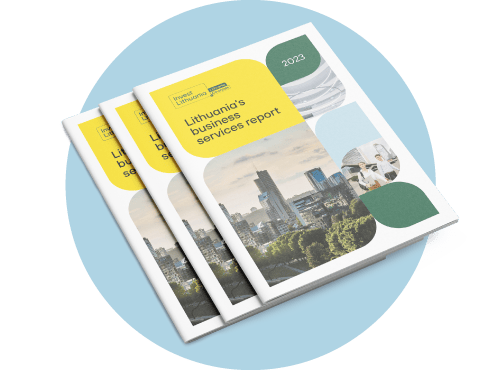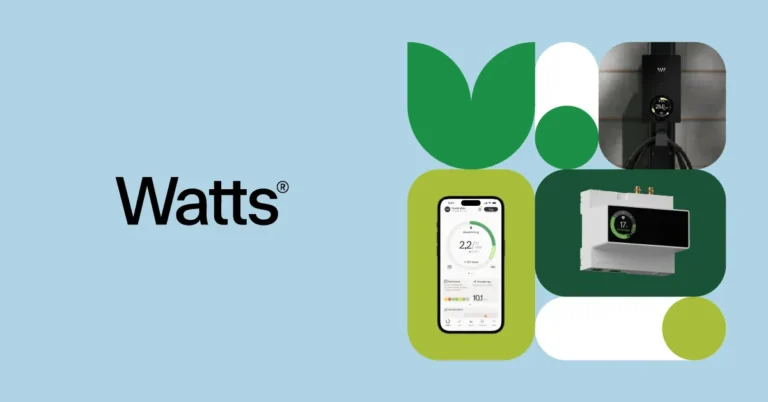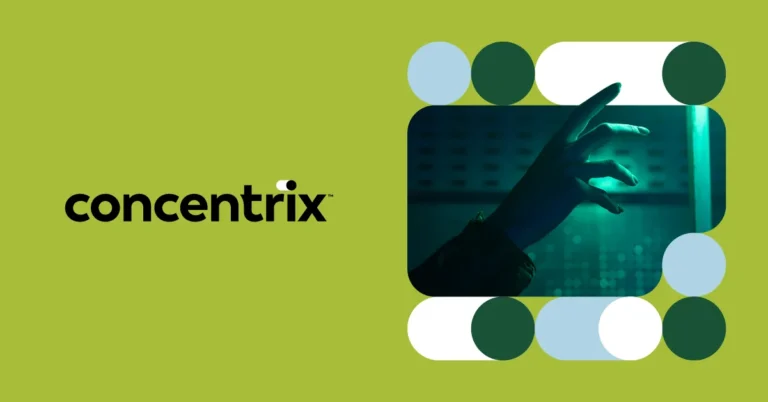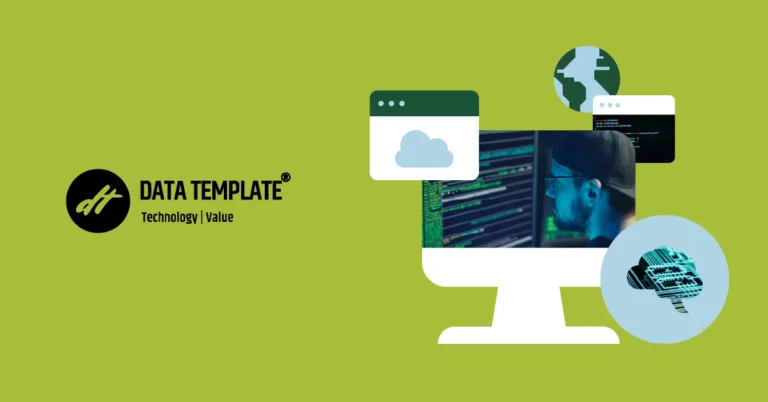This article was originally published on Focus on Business
Author: Evelina Lazareva, an Investment Advisor, Business services & ICT at Invest Lithuania
Diversity and inclusion are not just about paying lip service, it is also about driving revenue. A 2020 report by McKinsey & Partners, “Diversity Wins: How Inclusion Matters,” found that “Companies with more than 30 percent women executives were more likely to outperform companies where this percentage ranged from 10 to 30, and in turn, these companies were more likely to outperform those with even fewer women executives, or none at all.” And it’s in this regard that the Lithuanian Business Services sector is performing particularly well. In the 2023 Lithuanian Business Services report, a comprehensive deep dive into the state of the sector in the country, it is reported that 53% of all senior roles are held by women.
Indeed, Lithuania is a leader when it comes to gender inclusivity. According to the Global Gender Gap Index (2022), Lithuania is first in CEE when it comes to gender diversity, and it is equally highly ranked at both the European (7th) and global levels (11th).
But, of course, gender balance is only part of the picture when it comes to diversity and inclusivity. Apart from the revenue benefits already touched upon, there is also the increasingly important facet of employer branding. It is becoming more and more important for employers to promote and create company cultures that inspire employee loyalty and role ownership. And for employees, diversity and inclusion is a huge incentive. In fact, a Glassdoor employee survey carried out in 2020 found that “more than 3 in 4 employees and job seekers (76%) report a diverse workforce is an important factor when evaluating companies and job offers.” And here we can see that Lithuania’s Business Services sector is also showing a commitment. Around 12% of all professionals in GBS centers are foreign nationals (up from 10% last year), with 3,000 foreign FTEs working in the industry. This ethnic diversity is being supported by local education institutions, where 10% of the students now hail from abroad, with almost 80% of them coming from outside the EU.














